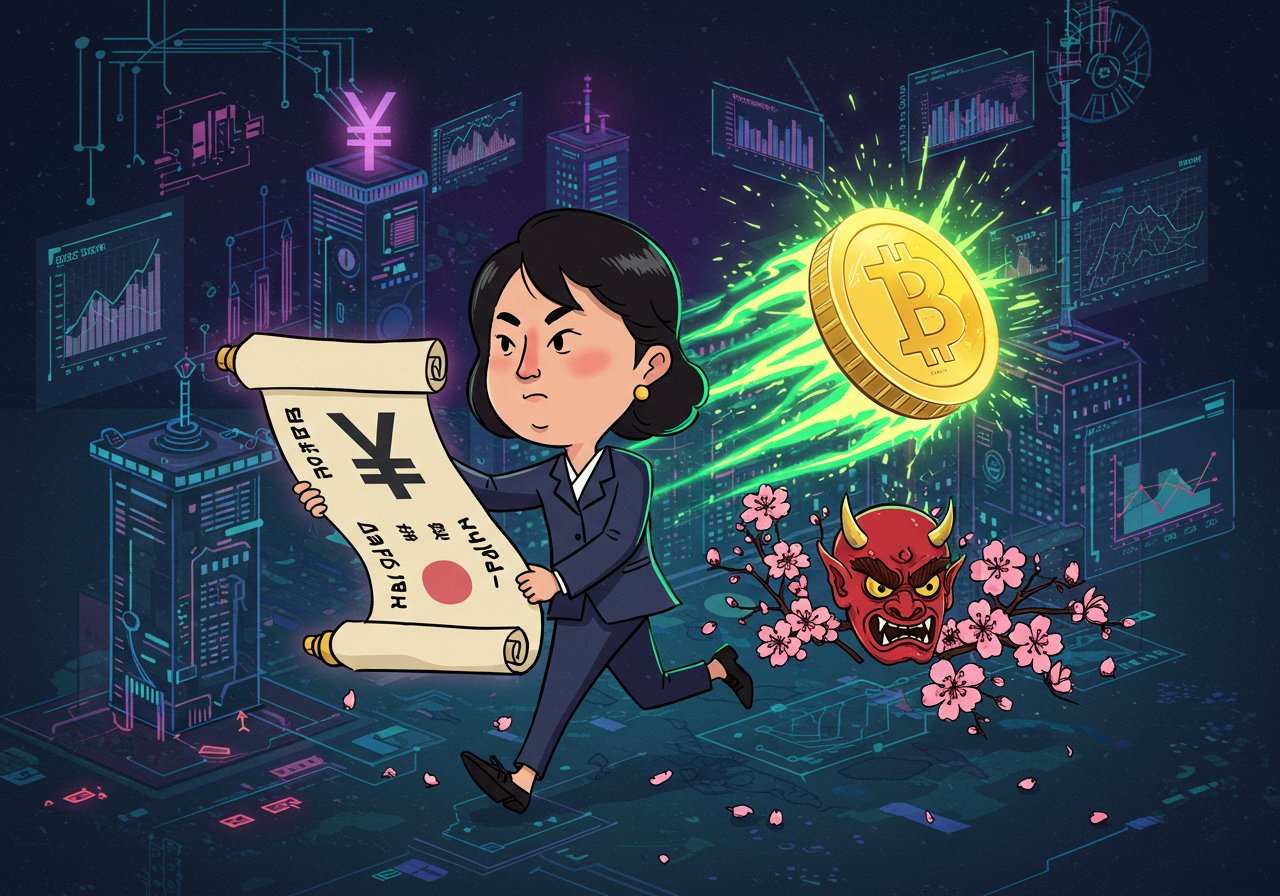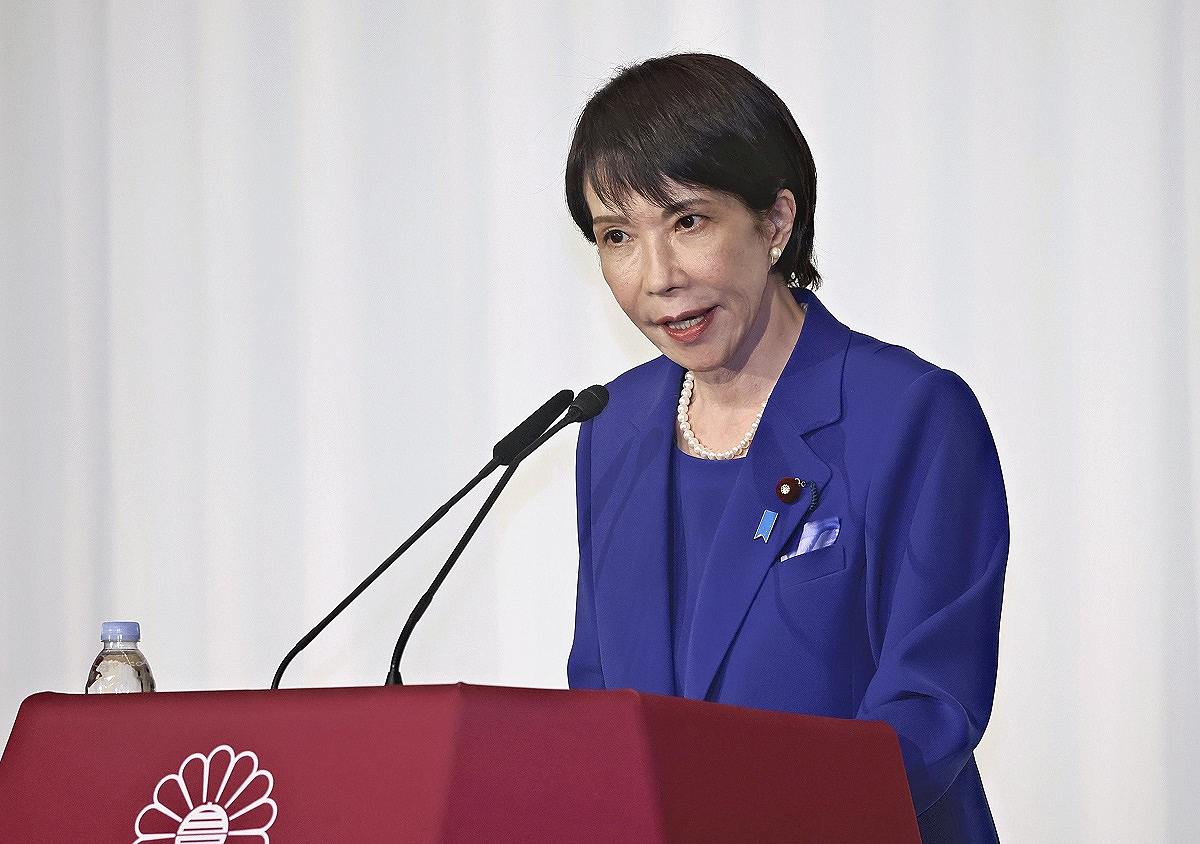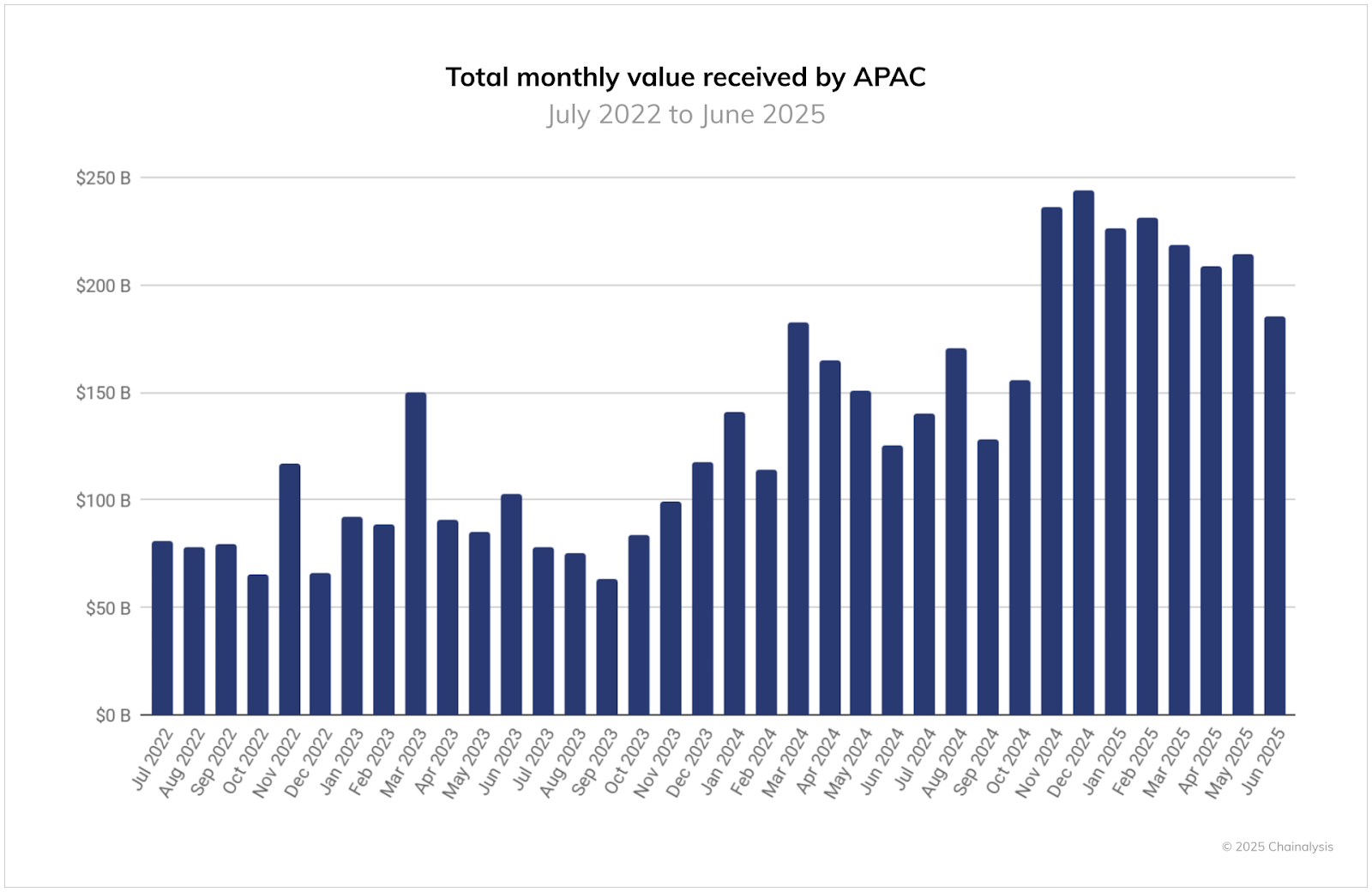
Takaichi’s Election: A Turning Point for Japanese Crypto?
The recent election of Sanae Takaichi as Japan’s Prime Minister has sent ripples of optimism through the cryptocurrency community. With her leadership, Japan could be poised to become a major global hub for crypto innovation. This potential shift is driven by Takaichi’s apparent willingness to “refine” existing blockchain regulations and foster a more open environment for digital asset development.

Regulatory Refinements and the Digital Economy
Experts suggest that Takaichi’s administration is likely to prioritize the “refinement and expansion” of current regulatory frameworks, particularly regarding token classifications, investor protection, and the governance of digital assets. The current system in Japan distinguishes between payment tokens, securities, and utility tokens, each subject to different regulatory requirements. This may lead to a more structured approach to Anti-Money Laundering (AML) measures and more stringent disclosure rules for public offerings involving digital assets. This strategic approach suggests a proactive stance towards fostering the digital economy.
Blockchain and Technological Sovereignty
Takaichi’s support for “technological sovereignty,” including the “strategic development of digital infrastructure, including blockchain technology,” is significant. This suggests a focus on promoting innovation and the development of a robust digital infrastructure, crucial for the long-term growth of the crypto sector. This stance aligns with Japan‘s vision of embracing Web3 and blockchain adoption as a core component of its digital transformation strategy.
A History of Crypto Regulation in Japan
Japan has a well-established history of crypto regulation, dating back to 2016 when amendments to the Payment Services Act (PSA) introduced registration requirements for cryptocurrency exchanges. This was a direct response to the Mt. Gox collapse and the need for greater consumer protection. Since then, Japan has continued to refine its regulatory landscape, leading to the formation of the Japan Virtual Currency Exchange Association (JVCEA) and the introduction of new rules for stablecoins. These actions are a testament to Japan’s commitment to providing legal certainty in the crypto space.
Potential Market Impact
The impact of these developments on the Japanese market could be substantial. The Nikkei index experienced a significant surge following Takaichi’s election, and a looser monetary outlook may fuel investor appetite for alternative assets, including cryptocurrencies. The government’s recognition of blockchain as a pillar of its digital transformation strategy signals a commitment to supporting the industry’s growth.

Looking Ahead
With its refined regulatory landscape and a supportive government, Japan is well-positioned to attract crypto businesses and investors from around the globe. The potential for a new, innovation-friendly crypto hub in Japan is increasingly evident. While challenges remain, the current environment creates a positive outlook for the future of digital assets within the country.
“We may see the consolidation of supervisory tools related to Anti-Money Laundering, the implementation of more strict disclosure requirements for public offerings involving digital assets, and a more structured framework for the authorization of platforms engaging in token issuance or trading.” – Elisenda Fabrega


